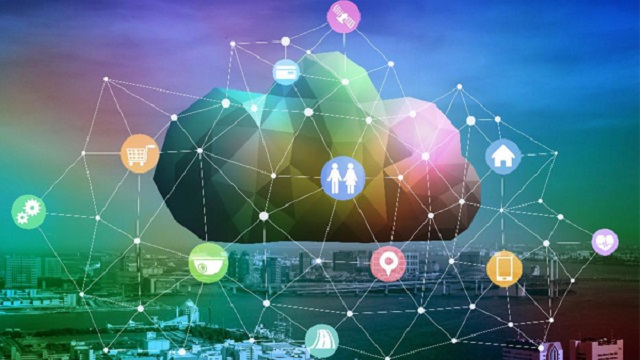When it comes to saving a patient’s life in medical emergencies, quick decisions should be taken. Big Data and Analytics could help physicians make better decisions in high-stress scenarios, by letting them do genetic data sequencing, peruse several treatment records of patients with a similar condition all over the world, providing them deeper comprehension of treating patients. Furthermore, IoT could also help doctors in benchmarking patients against previous health cases, investigating how patients with a certain gene respond to different treatments and make decisions which are based on facts, instead of judgment.
Big Data would really be valuable to the healthcare field in what is known as the IoT or the Internet of Things. The Internet of things is a growing network of daily objects, from industrial machineries to consumer goods that could share information and accomplish tasks while one is busy with other tasks, such as work, exercise or shop. Soon, homes, cars, major appliances and even city streets would be internet-connected. Creating this network of objects is called the internet of things. Made up of millions of devices and sensors which generate incessant data streams, the IoT could be used to boost people’s lives and businesses in a lot of ways.
Big Data and IoT aims for managed care would want to keep people at home instead of in a hospital. Wearables and sensors would collect health data on patients in their homes. Moreover, they will push all data into the cloud. BP monitors, electronic scales, SpO2 sensors, proximity sensors continuously blast data from millions of patients. Healthcare institutions as well as care managers use sophisticated tools and could monitor massive data stream. Furthermore, the Internet of Things will keep patients healthy.
Using the latest technology has boosted home fare facilities and help in bringing down the costs. It is projected that the use of Big Data in healthcare could lower the healthcare data management costs by $300 billion to $500 billion. Furthermore, a survey stated that as much as 60 percent of healthcare facilities feel that cloud-based Big Data services have the potential to lower costs by approximately 45 percent. Big Data and Analytics could affect healthcare in a lot of ways. Diseases could be prevented or treated at the early stages. Moreover, this would also help prevent unnecessary hospitalization, visits to emergency rooms and increase in ailment severity. All these translates to reduced costs of care as well as better health.
Big Data and the Internet of Things healthcare includes data of the medical information of a patient, which include doctor’s notes and prescriptions, imaging results and laboratory and pharmacy data, data in EPRs or electronic patient records, machine generated or sensor data, social media feed, including blogs, tweets and Facebook status updates and many more. The technology is fast evolving into a promising field in the industry and could offer insight into vary huge sets of data and enhance outcomes while at the same time could lower costs. A patient who is in ICU and his kin should not have to worry if the healthcare providers are around or not. Regardless of the location, the patient is under the scanner continuously.
Several healthcare use cases are perfectly suited for a big data solution. Some academic-centric or research-focused healthcare institutions either are doing experiment on big data or utilize it for advanced research. The institutions draw upon statisticians, data scientists, graduate students and the like to wrangle the big data complexities. Big Data and IoT is less expensive, due to its open source roots and unstructured nature. Moreover, it doesn’t need many design work and is fairly easy to maintain. Many storage redundancy allows for hardware failures that are more tolerable.
When healthcare companies envision the future of Big Data and IoT, often they think of using it to analyze text-based notes. Present analytics technologies for the most part use discrete data and struggle to capitalize on all the valuable clinical information captured in nurses’ and doctors’ notes. Big data indexing methodologies, and a few of the new work finding information in textual fields, can truly add real value to the future of healthcare analytics. All of the disparate sensor data would come to healthcare institutions at an unprecedented velocity and volume. A healthcare future that is predicated on keeping people out of hospitals, the ability of a health system for managing all the data would be vital. The volumes of data are managed best as streams coming into a big data cluster. As data streams in, facilities should be able to identify any potential health concerns and alert a care manager to intervene. Take an example for instance of a patient whose blood pressure rises, the system would send a real-time alert to a care manager who could then interact with the patient to get the blood pressure back to a normal or healthy range.
Source: Customerthink








